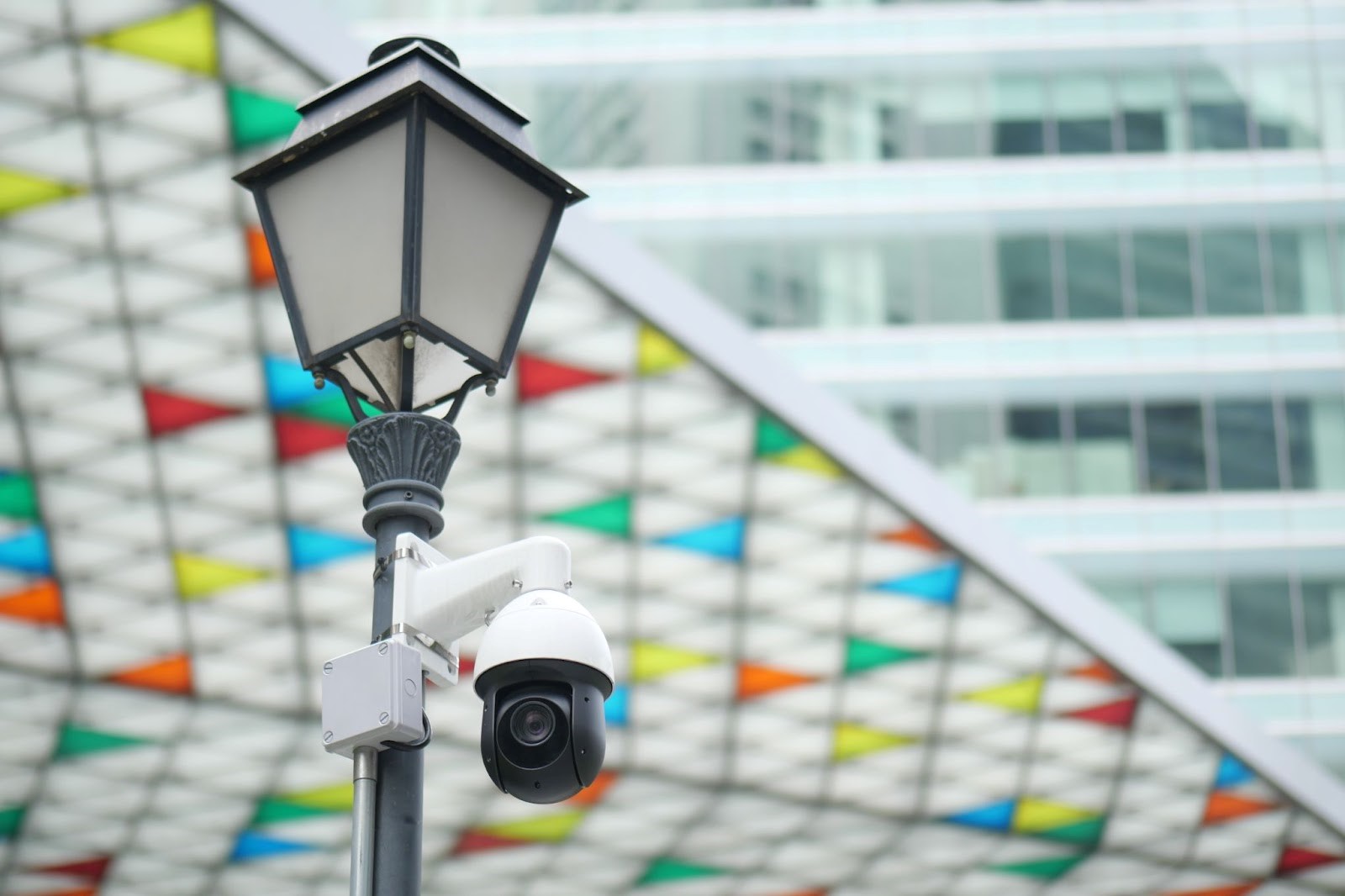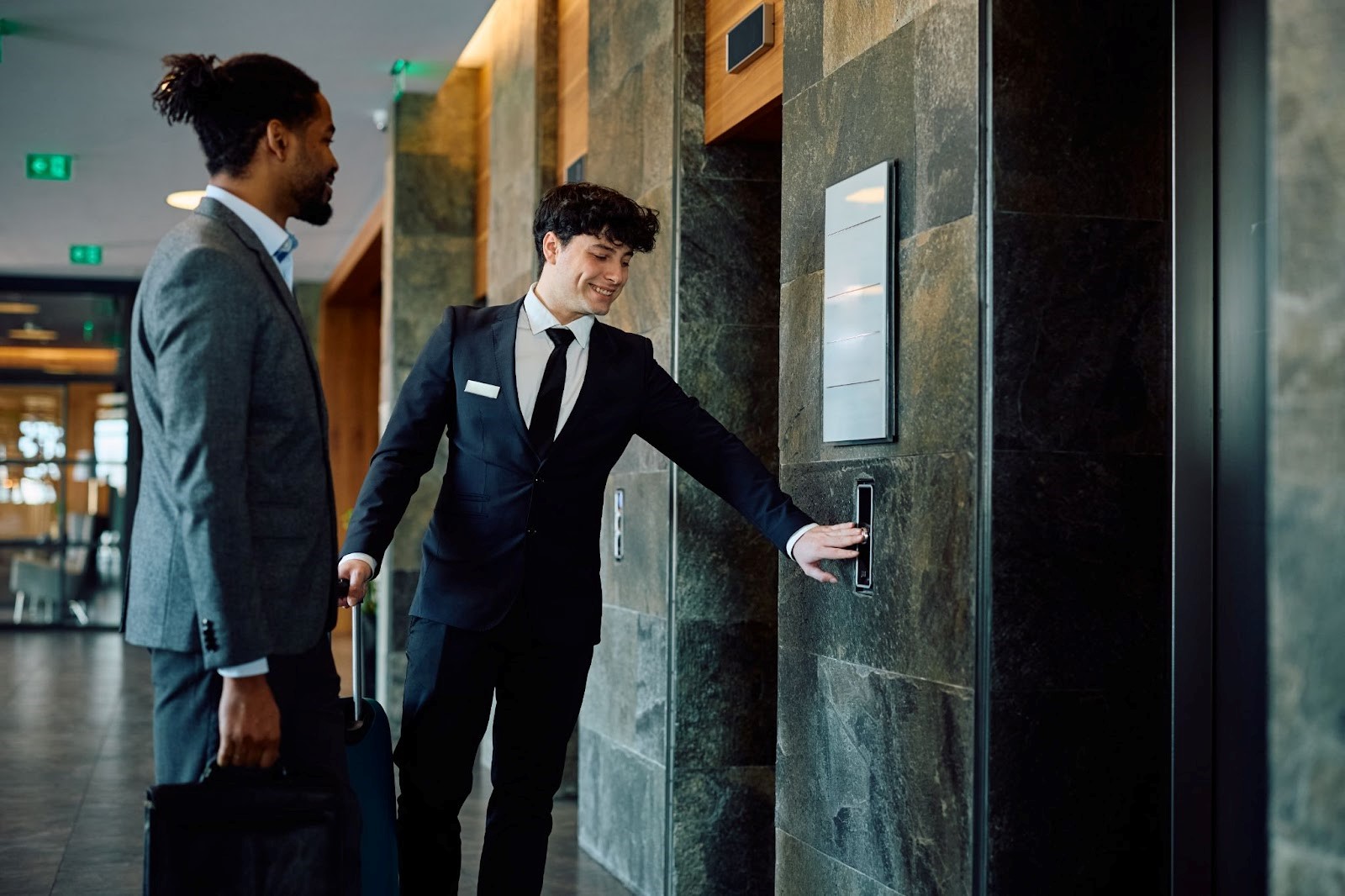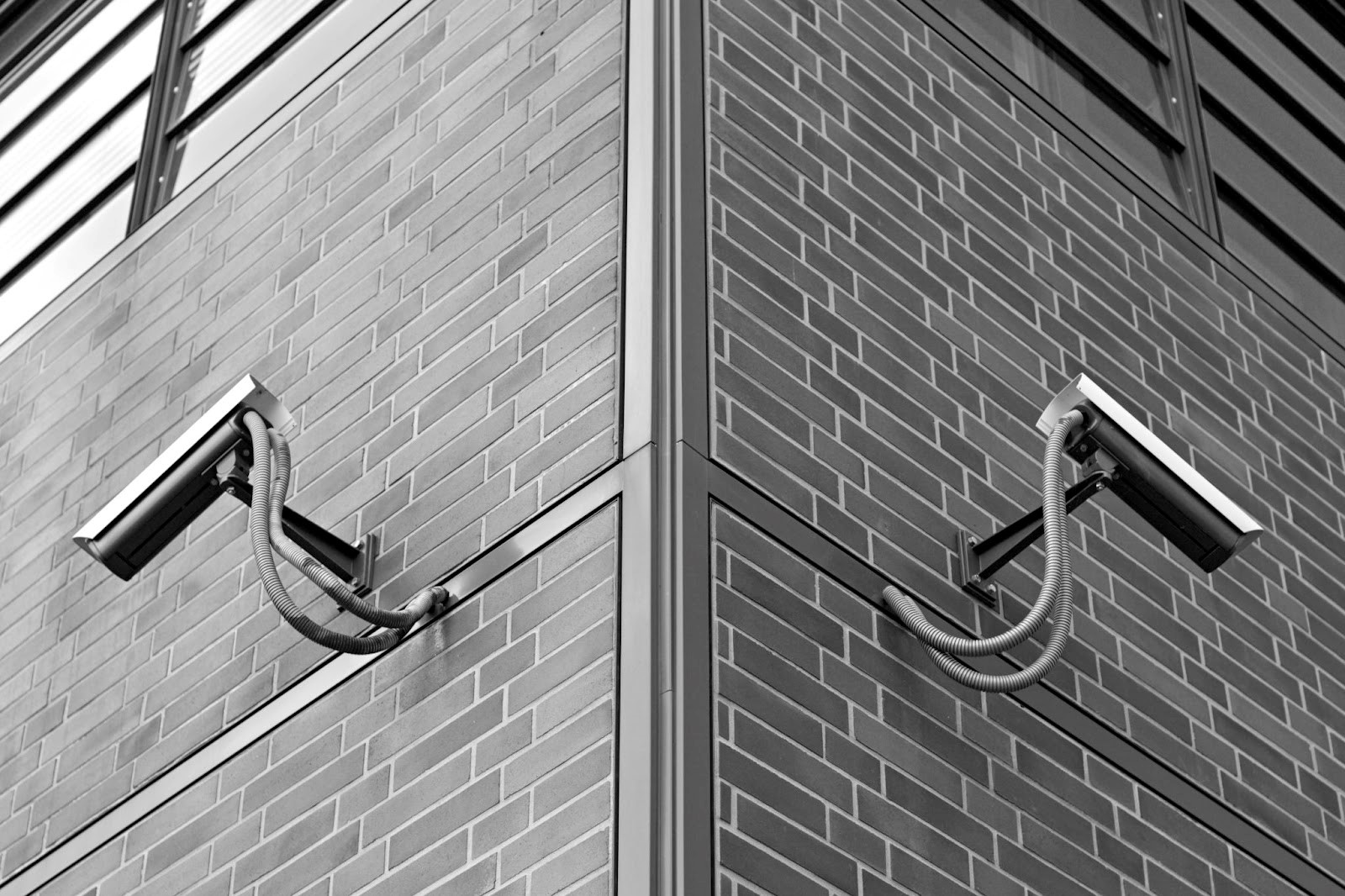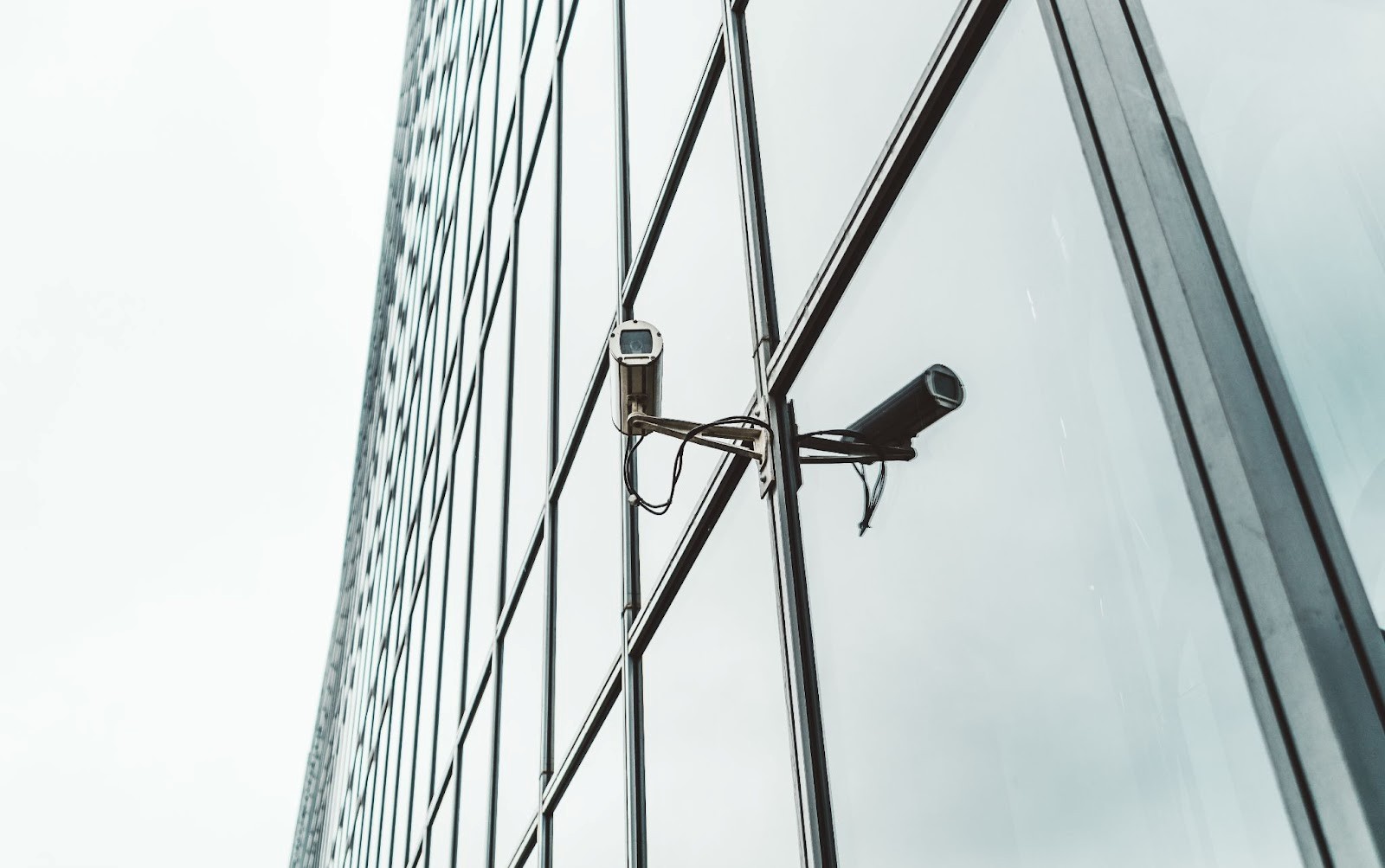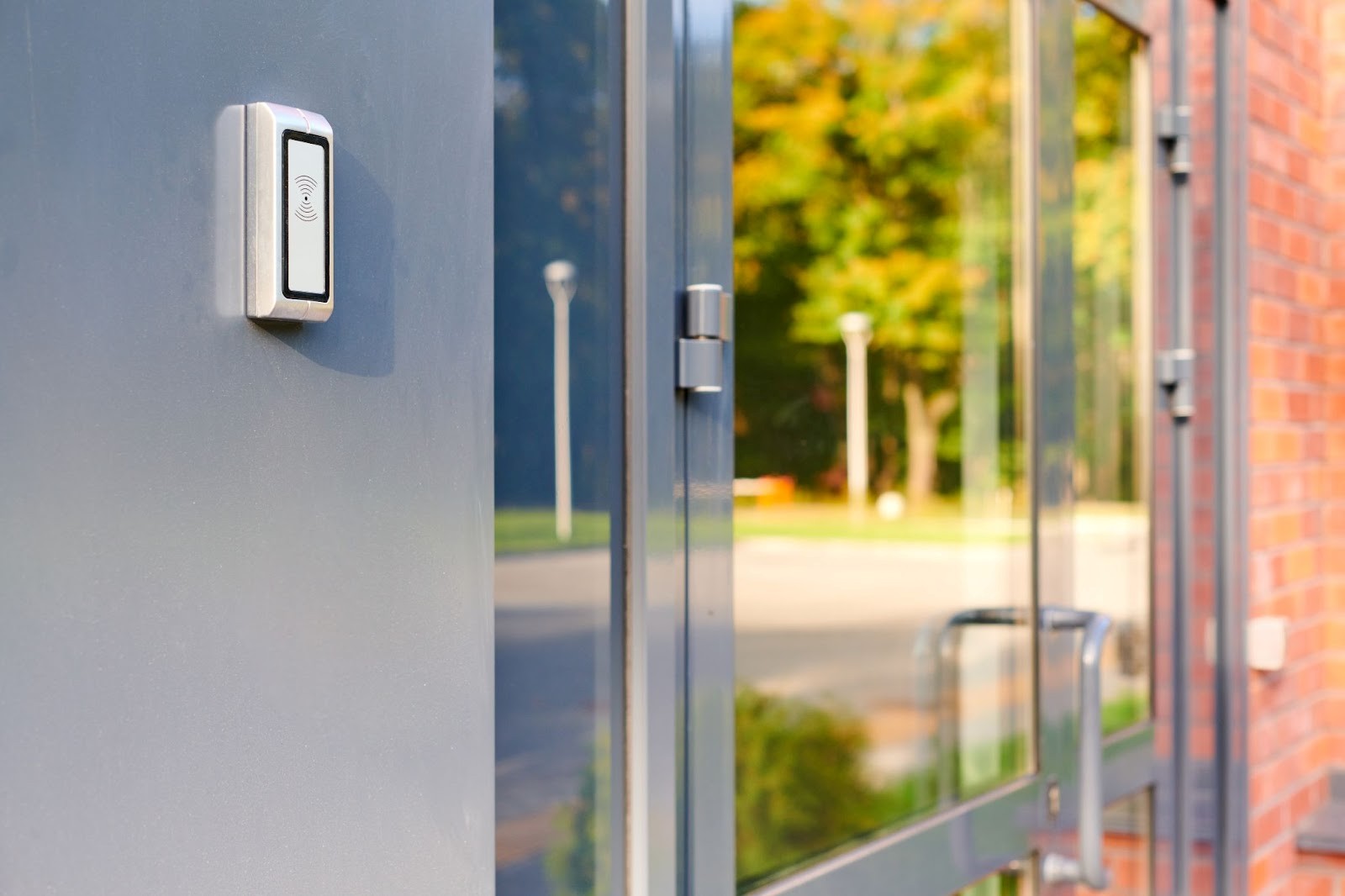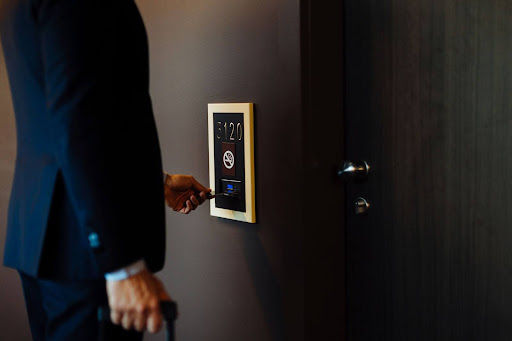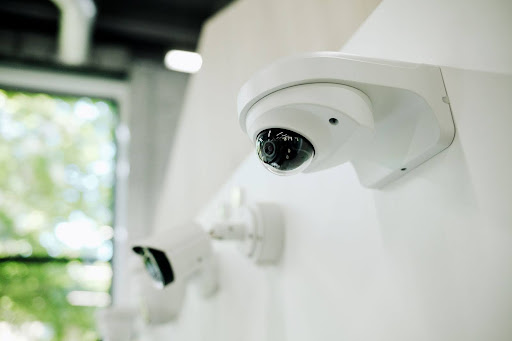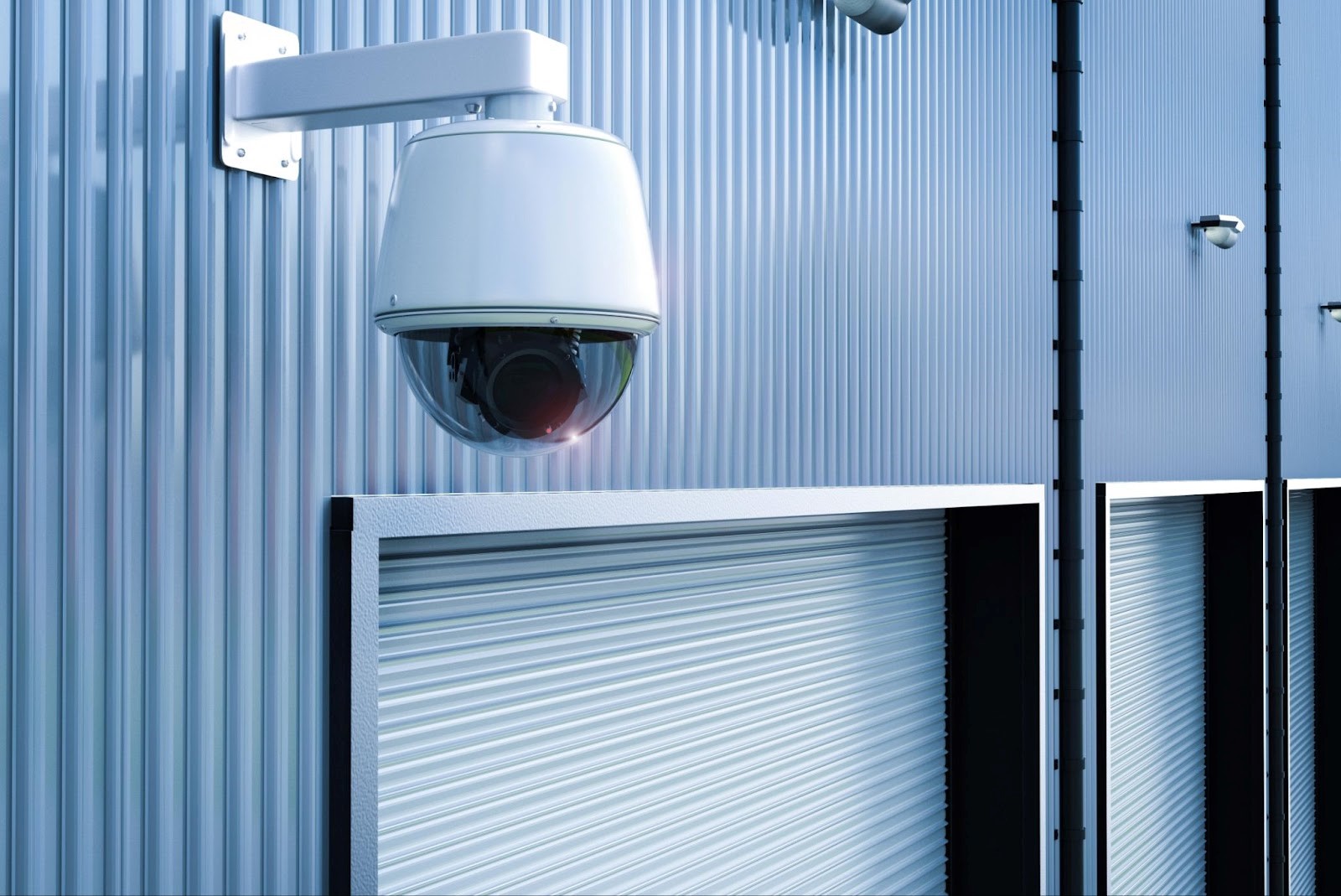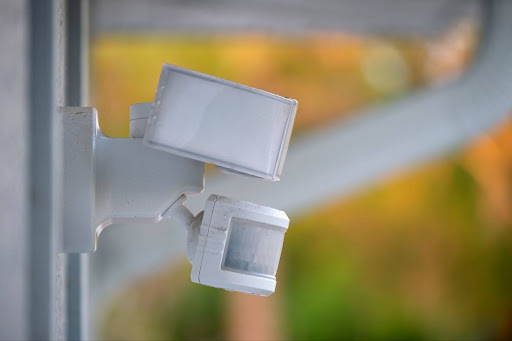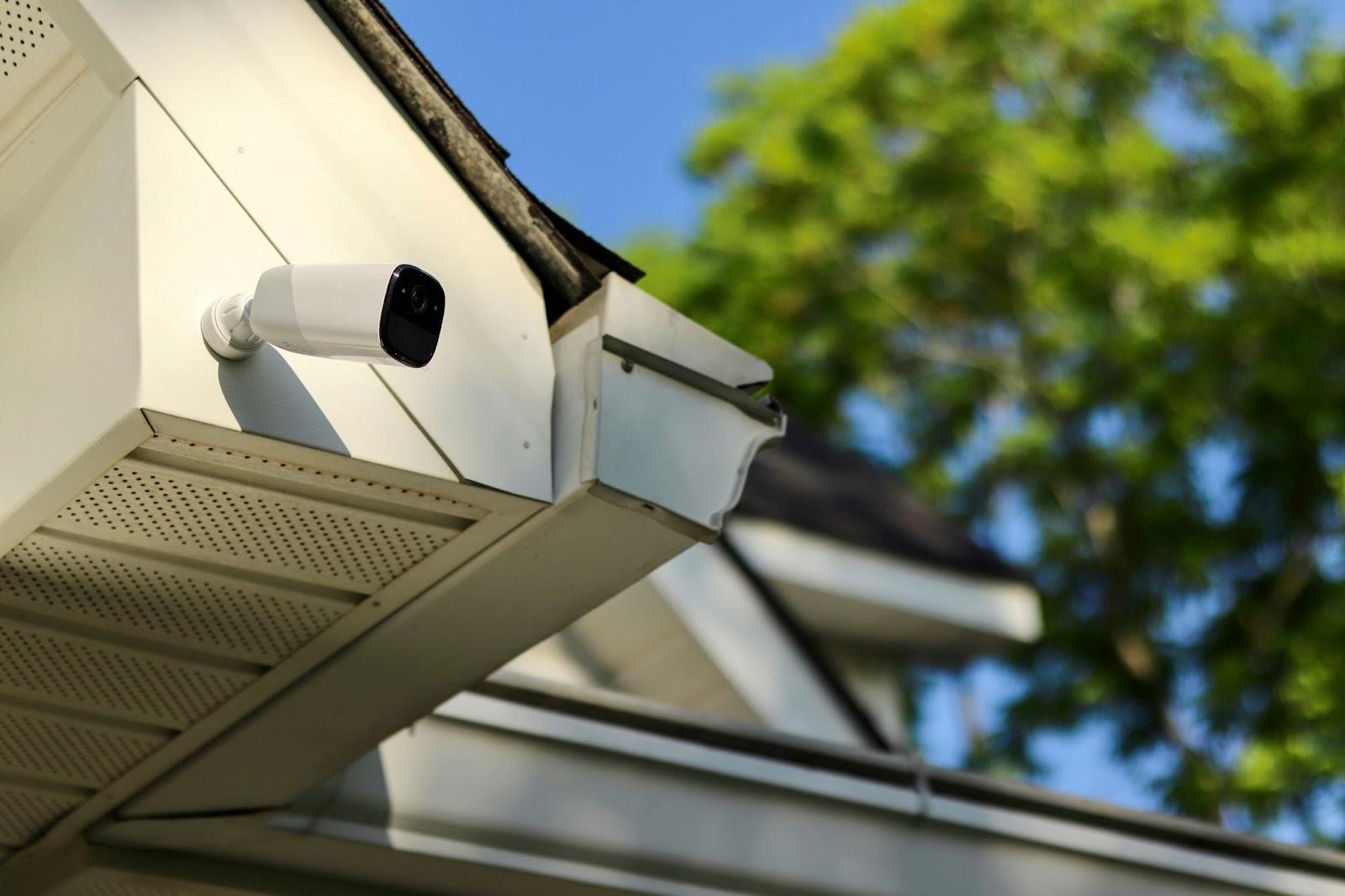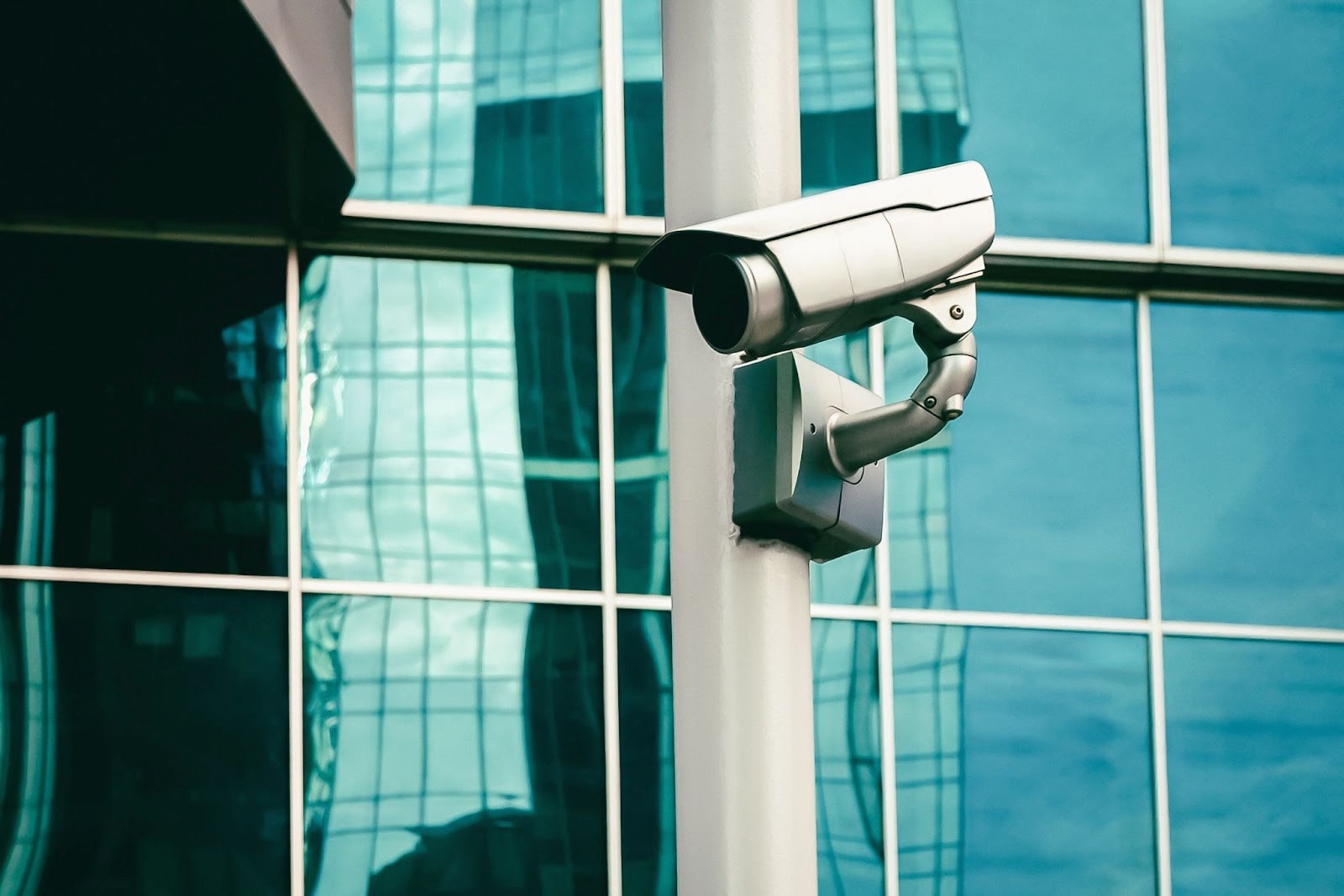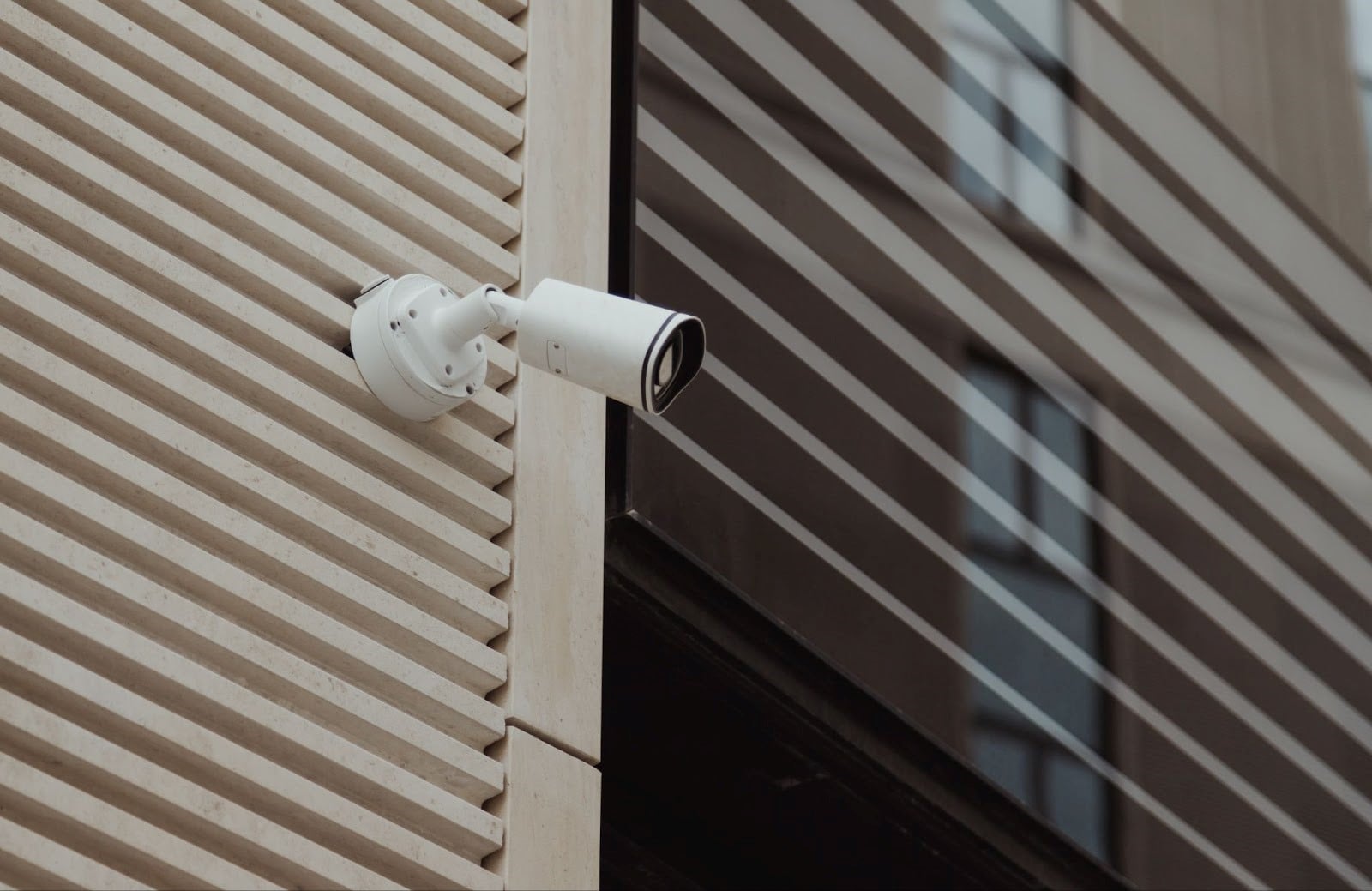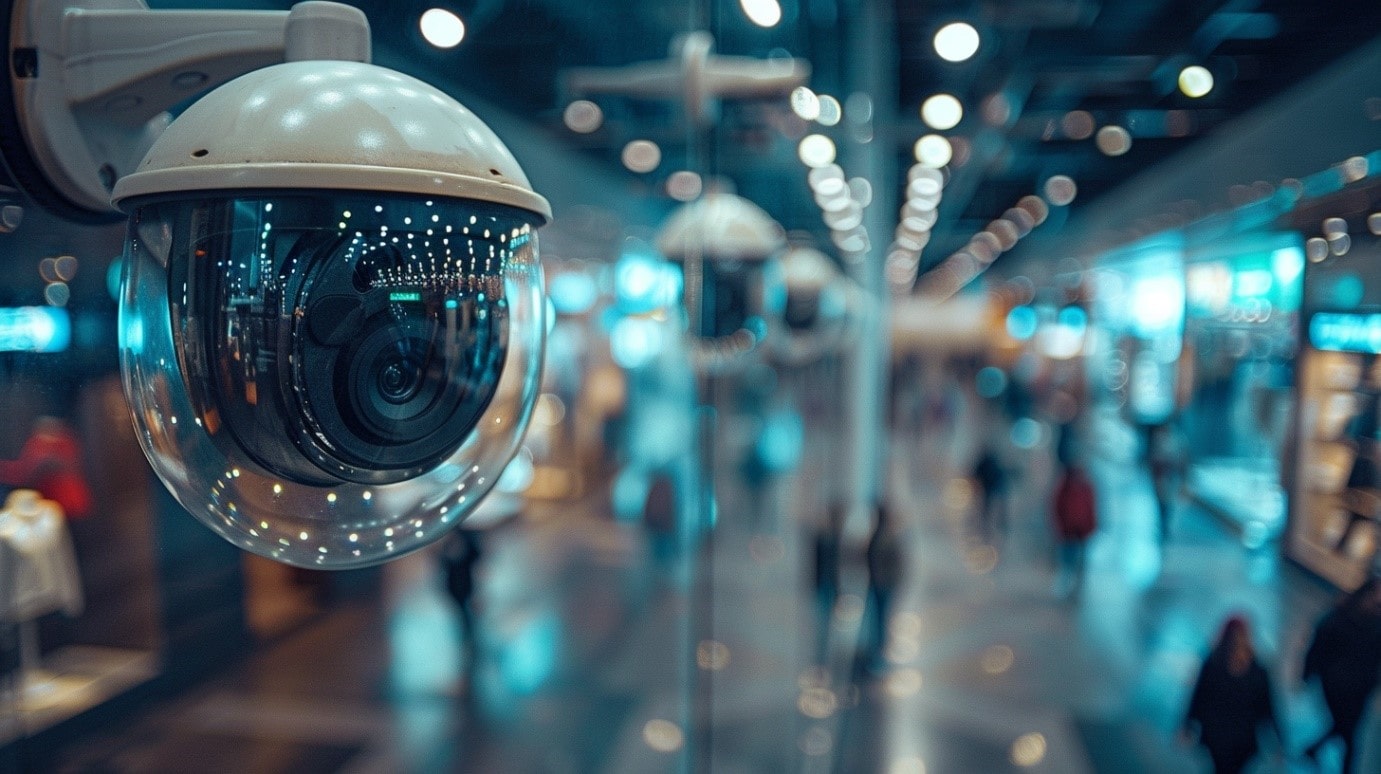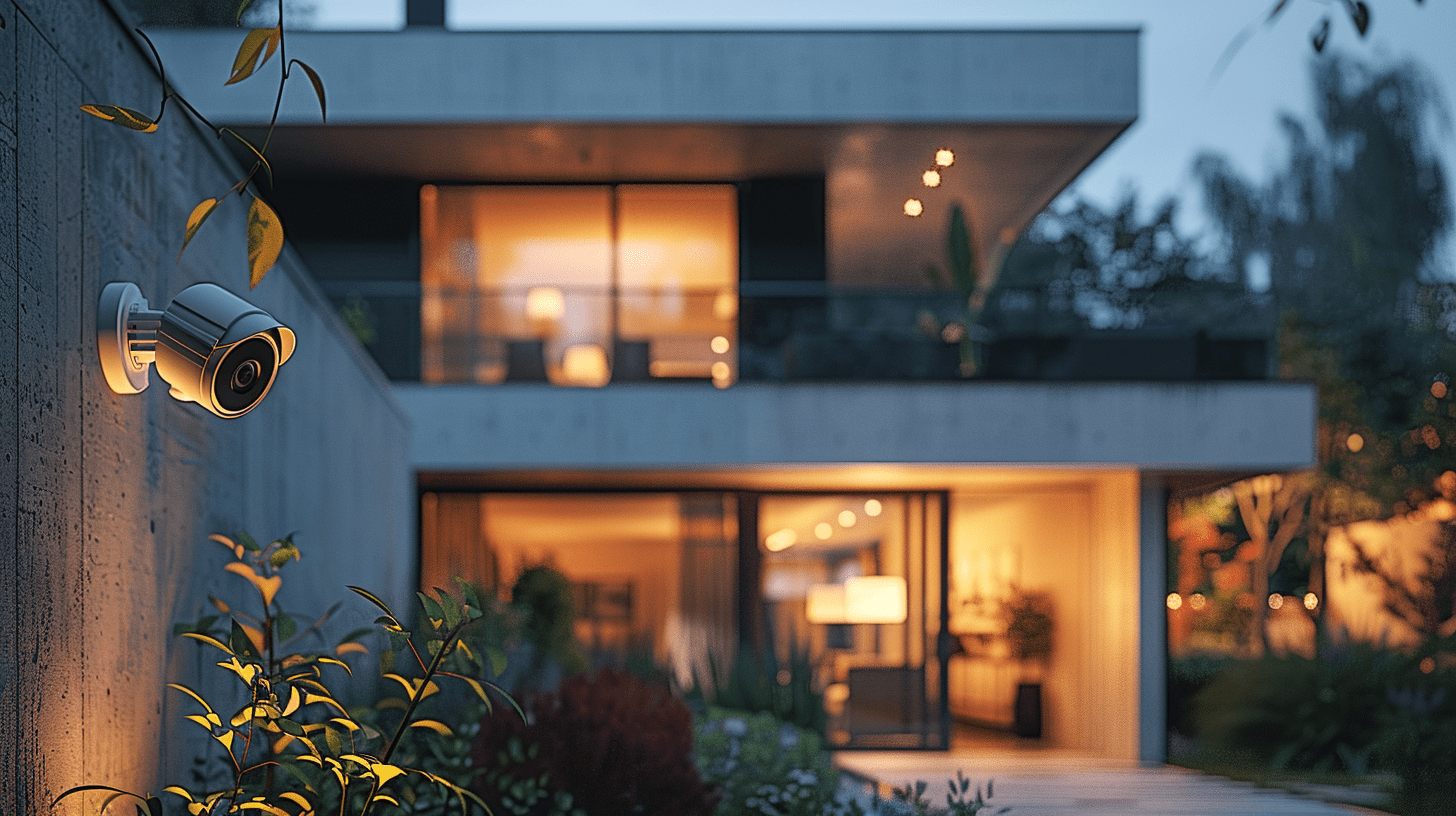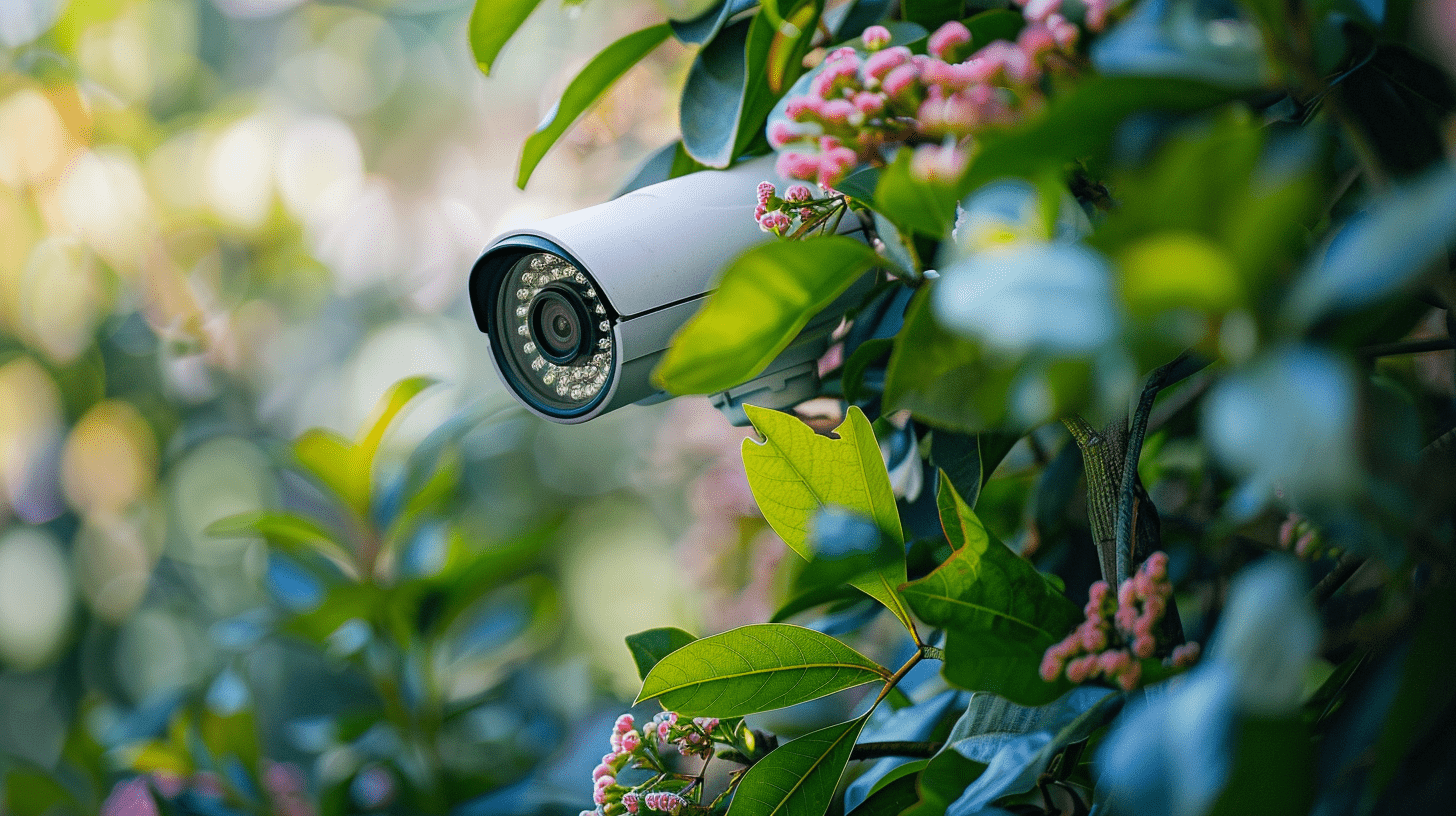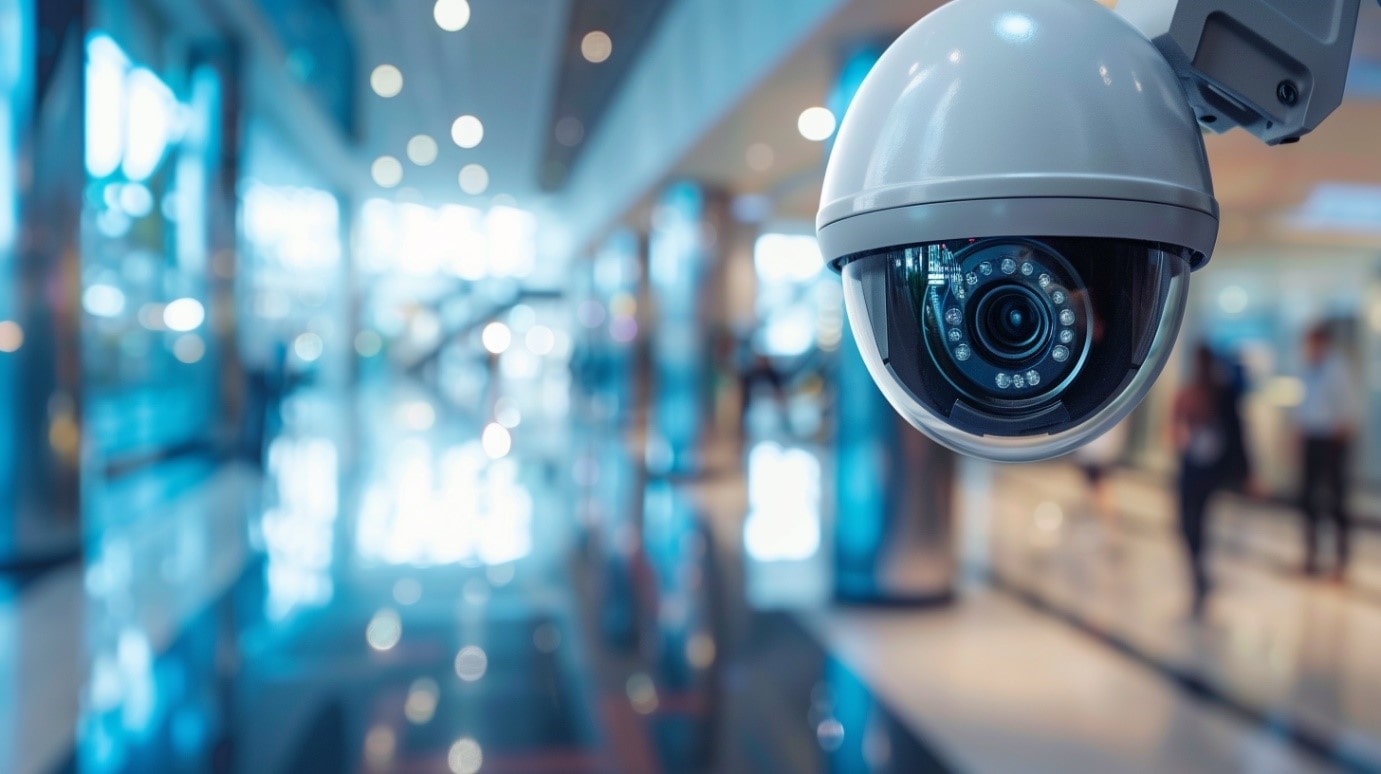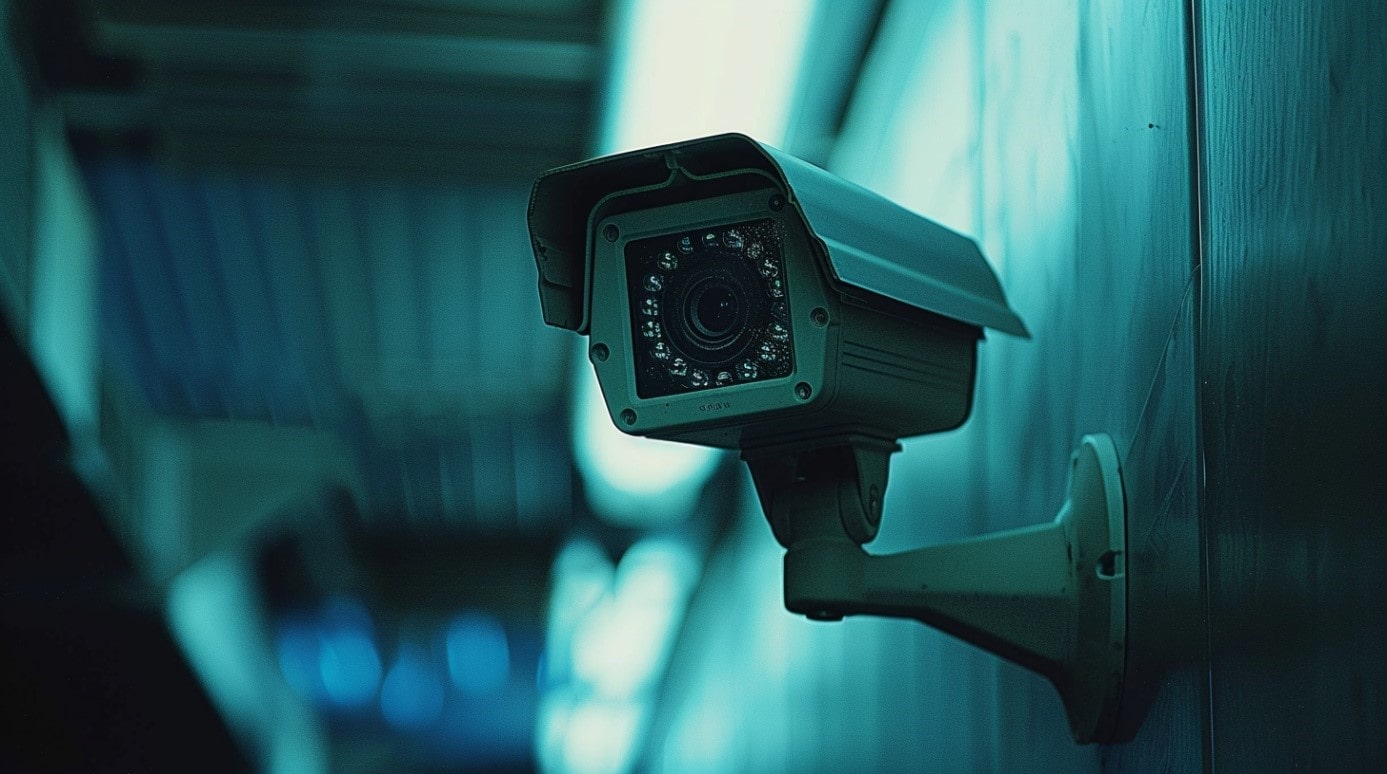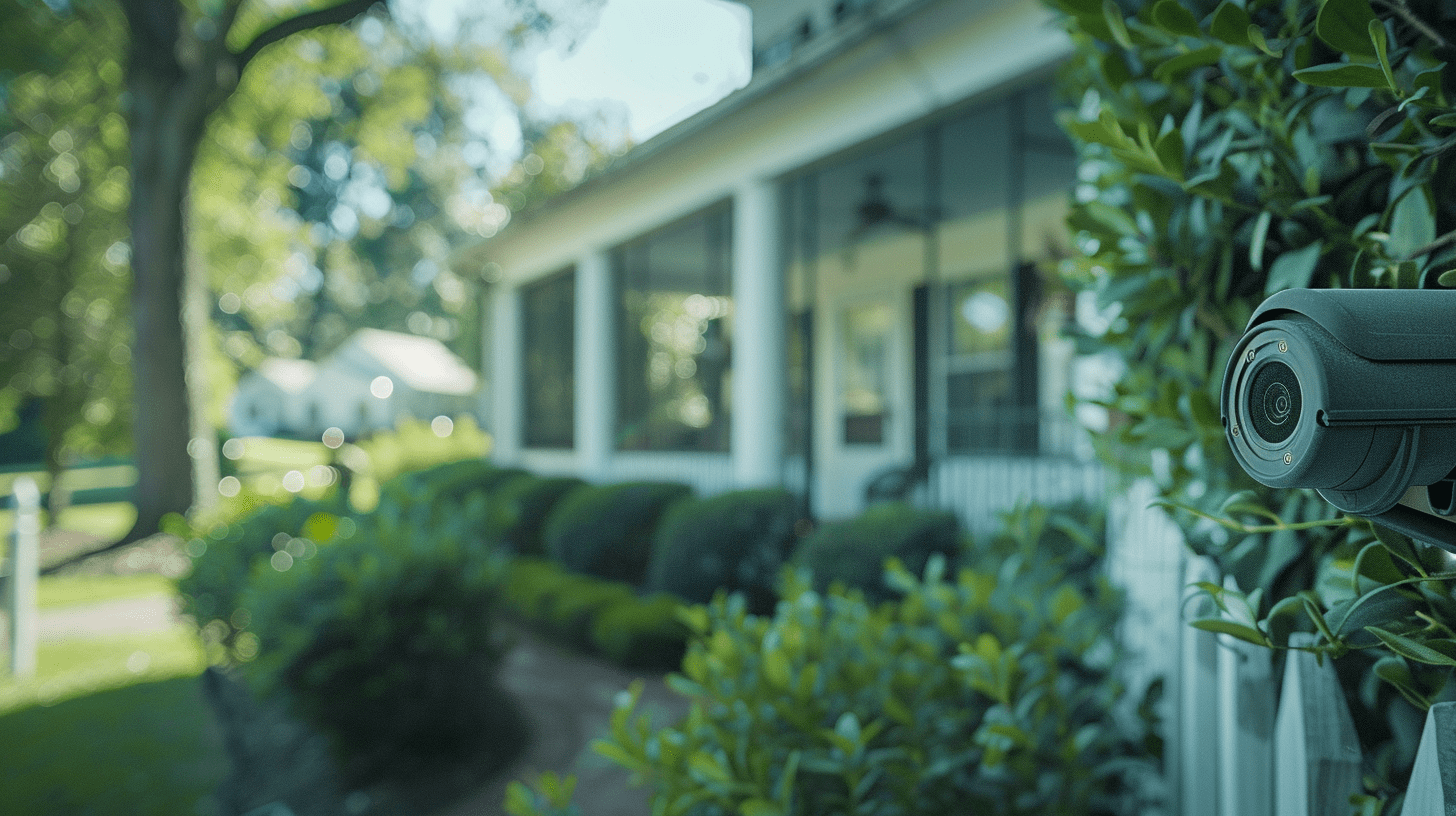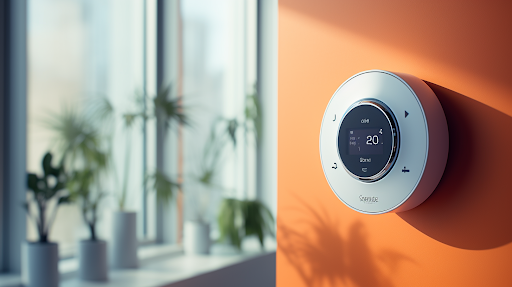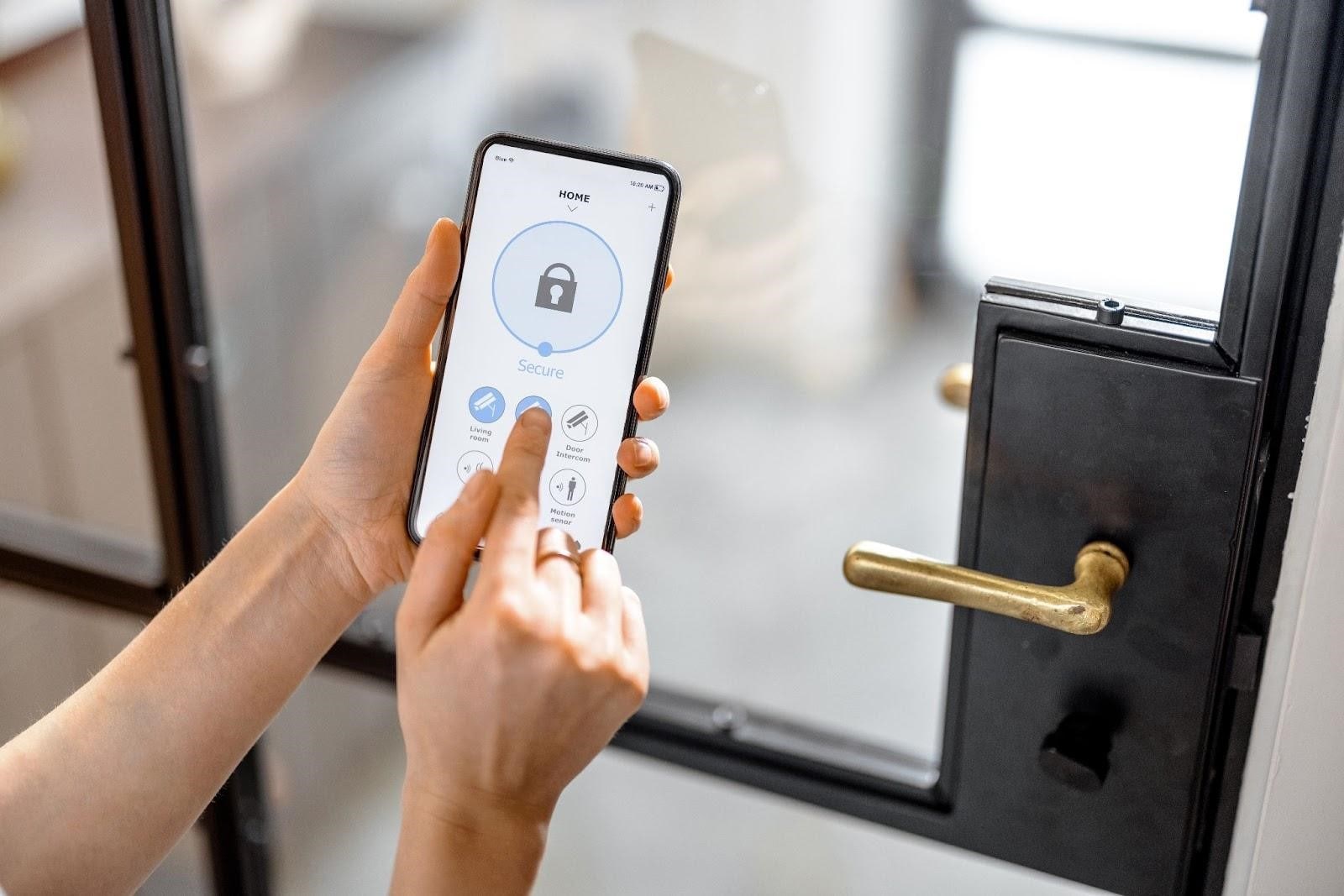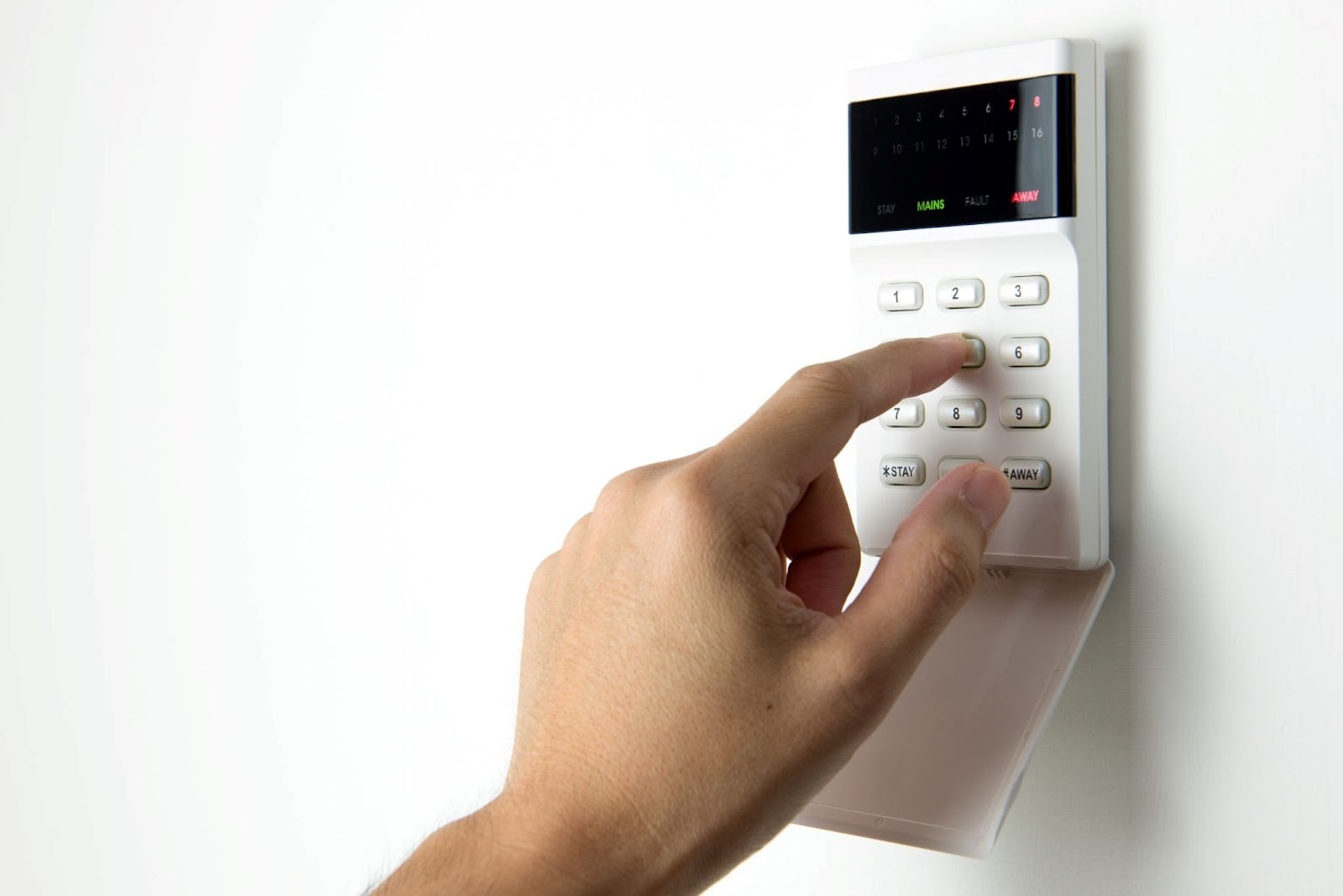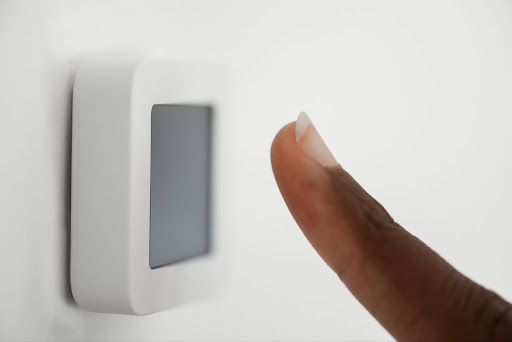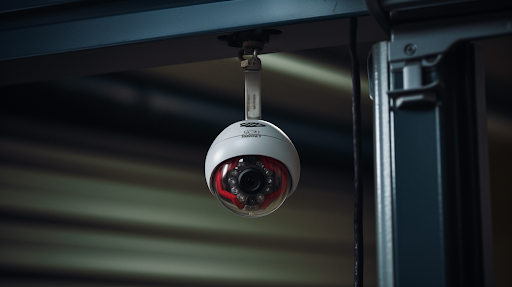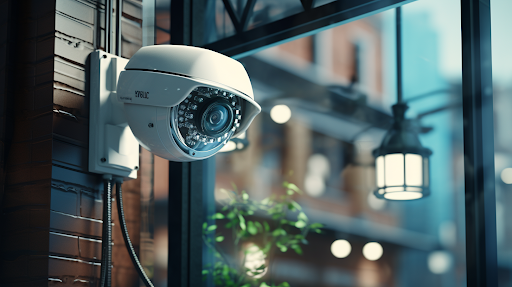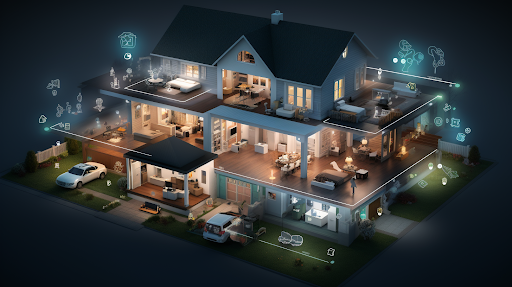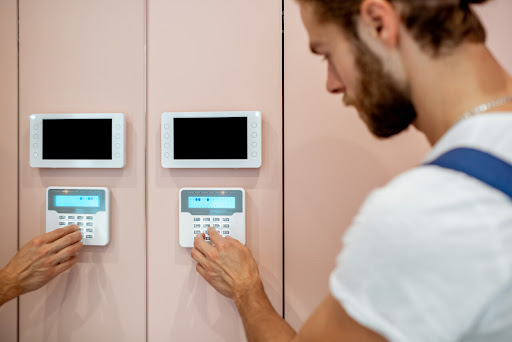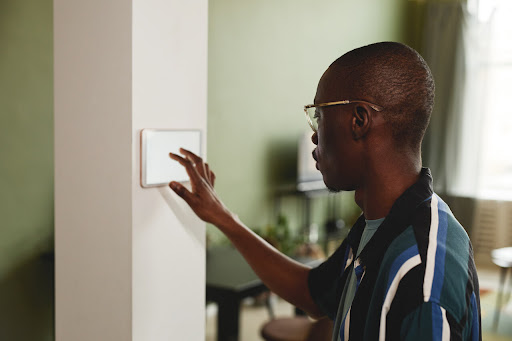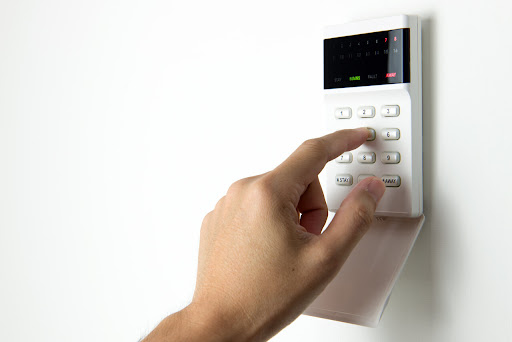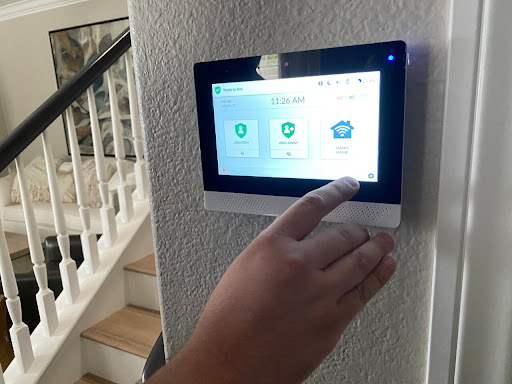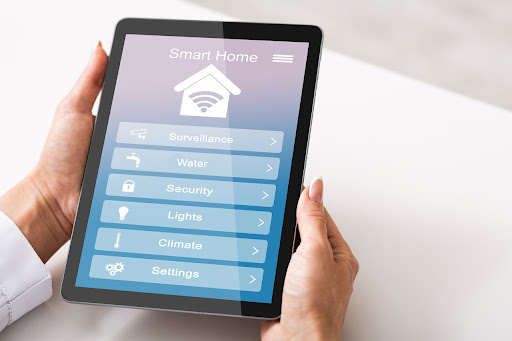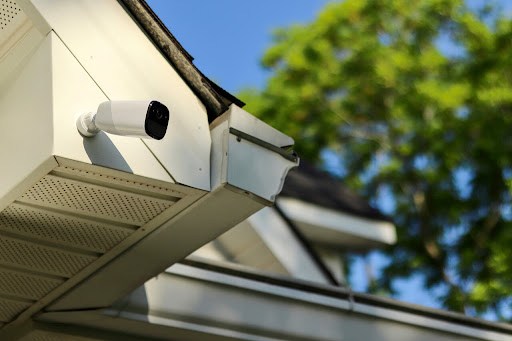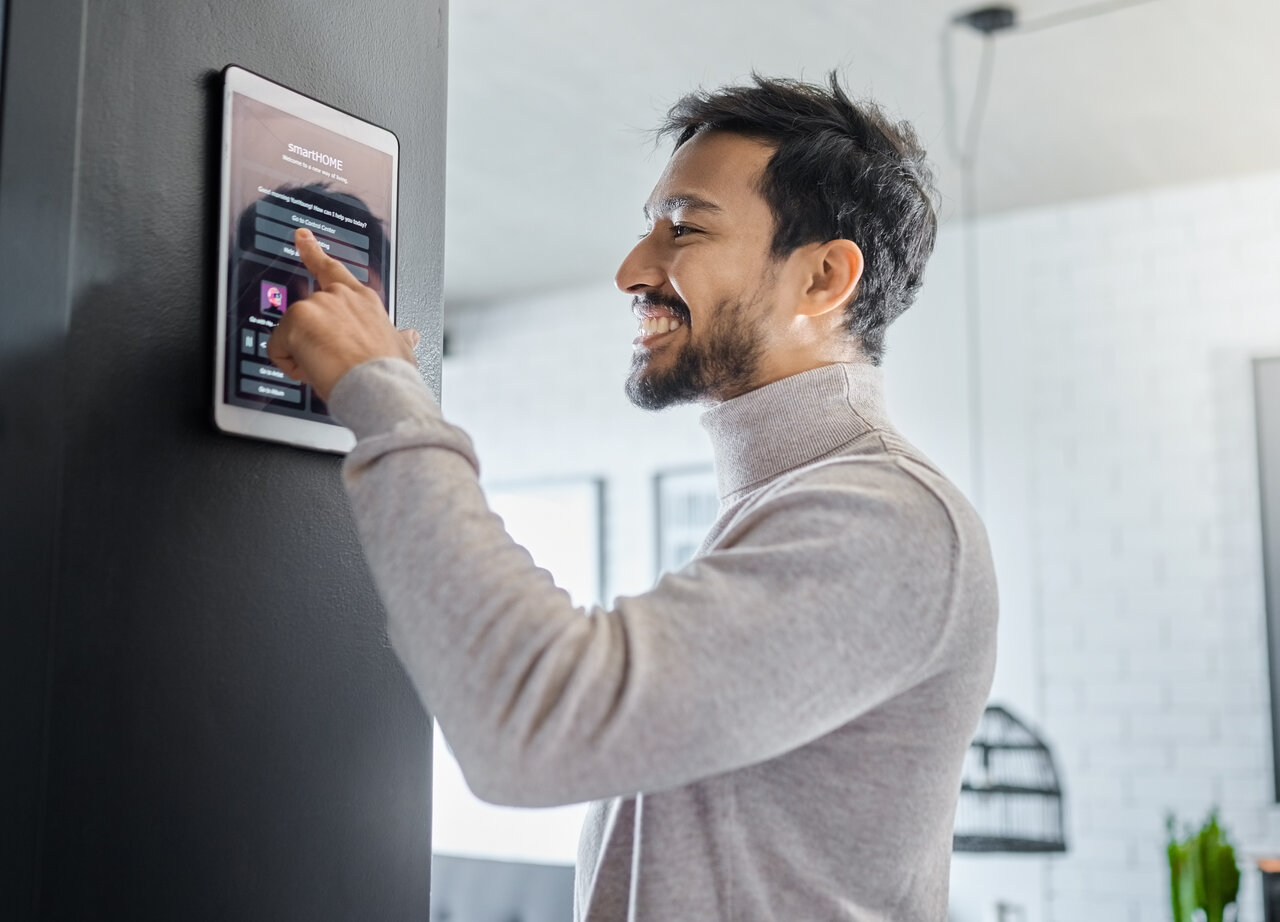
Can Businesses Record Audio on Security Cameras?
Sommaire
- Is It Legal to Record Audio on Business Security Cameras in Canada?
- Canadian Audio Surveillance Legal Framework for Commercial Security Systems
- Federal Criminal Code Implications for Business Audio Recording
- Professional Security Camera Audio Recording Best Practices
- Essential Audio Surveillance Compliance Elements
- Advanced Commercial Audio Recording Technology Integration
- Specialized Audio Surveillance Equipment Considerations
- Workplace Privacy Rights and Reasonable Expectation Standards
- Customer Audio Recording and Public Space Monitoring
- Commercial Audio Recording Risk Management Strategies
- Strategic Implementation Guidelines for Business Audio Surveillance
- Professional Security System Design and Configuration
- Ongoing Compliance Monitoring and System Maintenance
- Sting Security: Smart, Legal, and Effective Surveillance
Canadian businesses increasingly question whether their commercial security cameras can legally capture audio alongside video surveillance. While video monitoring enjoys broad workplace acceptance, audio recording presents significantly more complex legal requirements that could expose companies to serious privacy violations and federal criminal charges.
Is It Legal to Record Audio on Business Security Cameras in Canada?
Yes, but only under strict conditions. In Canada, using surveillance cameras with audio capabilities (like two-way audio or external microphones) is legal in limited cases. Businesses must follow PIPEDA, the Charter of Rights and Freedoms, and, where applicable, provincial laws like PIPA.
Audio recording in the workplace may be allowed with one-party consent, but never in bathrooms, change rooms, or private offices, where employees’ privacy rights are strongest. Employers must post clear signs informing staff and customers about audio/visual recording, especially in public spaces.
Canadian Audio Surveillance Legal Framework for Commercial Security Systems
Canadian federal law strictly regulates audio recording through the Criminal Code, specifically addressing electronic surveillance and wiretapping provisions. Unlike video surveillance, which operates under reasonable expectation of privacy standards, audio recording requires explicit consent from all recorded parties under most circumstances.
The Privacy Act and provincial privacy legislation establish additional layers of protection for workplace communications. Businesses operating across multiple provinces must comply with varying regional requirements, making comprehensive legal compliance particularly challenging for multi-location organizations.
Federal Criminal Code Implications for Business Audio Recording
Section 183 of the Criminal Code defines “private communication” as conversations where participants reasonably expect privacy. Recording such communications without proper authorization constitutes a federal offense carrying significant penalties, including fines and potential imprisonment.
Commercial establishments must distinguish between public area monitoring and private communication interception. Customer service areas, retail floors, and reception spaces typically lack reasonable privacy expectations, while employee break rooms, offices, and meeting spaces often require stricter consent protocols.
Workplace Surveillance Laws in Canada: What Employers Must Know
Professional Security Camera Audio Recording Best Practices
At Sting Security, we recommend implementing comprehensive audio recording policies before considering voice-capable surveillance systems. Written employee handbooks should clearly outline monitoring practices, recording locations, data retention periods, and access procedures.
Visible signage plays a crucial role in establishing consent and eliminating reasonable privacy expectations. We advise posting multilingual notices in English, French, and locally relevant languages to ensure comprehensive understanding among diverse workforces.
Essential Audio Surveillance Compliance Elements
- Written employee consent documentation
- Clear workplace monitoring policies
- Visible audio recording notifications
- Secure data storage and access controls
- Regular legal compliance reviews
Advanced Commercial Audio Recording Technology Integration
Modern IP camera systems can offer sophisticated audio recording capabilities including directional microphones, noise filtering, and selective recording triggers. However, technical capabilities must align with legal requirements to avoid inadvertent privacy violations.
Specialized Audio Surveillance Equipment Considerations
High-definition security cameras with integrated microphone arrays provide exceptional audio quality but require careful configuration to avoid capturing unintended conversations. We recommend implementing audio masking features for private office spaces and confidential meeting areas.
Network video recorders supporting audio channels must incorporate encryption, access logging, and retention controls meeting Canadian privacy standards. These technical safeguards demonstrate due diligence in protecting recorded communications from unauthorized access or disclosure.
Expert Security Camera Installation Services
Workplace Privacy Rights and Reasonable Expectation Standards
Canadian courts consistently evaluate audio surveillance cases based on reasonable expectation of privacy principles. Employees enjoy stronger privacy protections in designated private areas, including washrooms, locker rooms, personal offices, and confidential meeting spaces.
Unionized workplaces present additional complexity through collective bargaining agreements that may specifically address electronic monitoring. Labour arbitrators frequently review surveillance disputes, considering factors such as monitoring necessity, employee notification, and alternative investigation methods.
Customer Audio Recording and Public Space Monitoring
Customer-facing areas generally permit audio recording with proper notification, as patrons lack reasonable privacy expectations in commercial retail environments. However, businesses must still comply with provincial consumer protection laws and federal privacy legislation.
Shopping centers, restaurants, and service establishments commonly implement audio-enabled security systems covering public areas. Clear signage indicating audio recording typically satisfies legal notification requirements while deterring criminal activity and supporting incident investigations.
- Critical Legal Warning: Recording private conversations without all-party consent may result in federal criminal charges, civil lawsuits, and regulatory penalties.
Commercial Audio Recording Risk Management Strategies
Comprehensive risk management requires ongoing legal review, employee training, and system auditing to maintain compliance with evolving privacy regulations. Regular policy updates ensure alignment with changing federal and provincial requirements.
At Sting Security, we provide compliant monitoring services, helping businesses navigate complex legal landscapes while maximizing security system effectiveness. We reduce liability exposure while maintaining robust protection against theft, vandalism, and workplace incidents.
Protect Your Property Without Violating Privacy Laws
Strategic Implementation Guidelines for Business Audio Surveillance
Successful audio surveillance implementation requires balancing legitimate business interests with employee privacy rights and legal compliance obligations. Organizations must demonstrate compelling security needs justifying audio recording beyond standard video monitoring capabilities.
Financial institutions, jewelry stores, and cash-intensive businesses often qualify for enhanced surveillance measures including audio recording due to elevated security risks. However, even these high-risk environments must maintain strict consent and notification protocols.
Professional Security System Design and Configuration
At Sting Security, we create comprehensive surveillance solutions integrating video cameras, access control, and alarm systems while maintaining legal compliance. Our integrated approach provides superior protection while minimizing privacy intrusions.
Scalable security platforms accommodate business growth and regulatory changes through modular designs supporting future expansion. Our professional configuration ensures optimal performance while maintaining compliance with evolving privacy legislation and industry standards.
Ongoing Compliance Monitoring and System Maintenance
Regular compliance audits identify potential legal vulnerabilities and ensure continued adherence to privacy regulations. Our providers offer comprehensive maintenance programs including legal compliance reviews and system updates.
Documentation maintenance becomes crucial for demonstrating due diligence during regulatory investigations or legal disputes. Proper record-keeping supports legal defense while facilitating insurance claims and law enforcement cooperation when necessary.
Professional Canadian Security Solutions
Sting Security: Smart, Legal, and Effective Surveillance
At Sting Security, we specialize in designing and installing fully compliant commercial surveillance systems tailored to your business needs. We help you stay protected while respecting privacy rights. Whether you’re upgrading existing infrastructure or building a new security plan, we’re here to deliver smart and scalable solutions you can trust.







